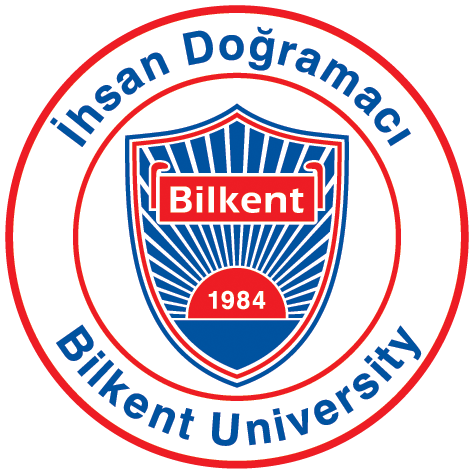 Ivana Bičak (PhD, English, University of Leeds, 2015) works at the intersections of early modern poetry and science. Tapping into archival and manuscript sources, her research recovers English and Latin poems that engage with contemporary anatomy, medicine, and astronomy. The entanglement of creative and natural pursuits is at the heart of her work. Dr. Bičak is also interested in the grotesque and humour in John Milton’s Paradise Lost as well as in the influence of Roman satire on the poetry of Alexander Pope and Jonathan Swift.
Ivana Bičak (PhD, English, University of Leeds, 2015) works at the intersections of early modern poetry and science. Tapping into archival and manuscript sources, her research recovers English and Latin poems that engage with contemporary anatomy, medicine, and astronomy. The entanglement of creative and natural pursuits is at the heart of her work. Dr. Bičak is also interested in the grotesque and humour in John Milton’s Paradise Lost as well as in the influence of Roman satire on the poetry of Alexander Pope and Jonathan Swift.
Dr. Bičak held postdoctoral positions at the University of Exeter and Durham University. She was a guest researcher at the Centre for Environmental Humanities at Aarhus University. Her postdoctoral experience includes the LBI Research Fellowship at the Ludwig Boltzmann Institute for Neo-Latin Studies in Innsbruck, Durham International Junior Research Fellowship (COFUND), and Wellcome Discretionary Award. She received the Royal Society Lisa Jardine Grant for her research at the Royal Library in Copenhagen and the Santorio Fellowship for Medical Humanities and Science.
Dr. Bičak has taught courses in poetry, Renaissance and early modern literature, Shakespeare, Milton, Restoration and eighteenth-century literature. She is currently the coordinator of ELIT 490, the senior project: more information here.
PUBLICATIONS
Articles:
“From Praising the Remedy to Eulogising the Patient: Cristóbal de Castillejo’s Satire of Guaiac in Early Modern Spain,” Social History of Medicine (forthcoming)
“A Guinea for a Guinea Pig: A Manuscript Satire on England’s First Animal-Human Blood Transfusion,” Renaissance Studies 34 (2020), 173–190
“Animals in Copenhagen’s Anatomy House,” PAN: Philosophy Activism Nature 14 (2018),
86–88
“Francis Harding’s ‘In Artem Volandi’ (1679) and the Early Modern Art of Flying,” The Seventeenth Century 31 (2016), 333–355
“Transmutations of Satan and Caesar: The Grotesque Mode in Milton’s Paradise Lost and Lucan’s Pharsalia,” Milton Quarterly 49 (2015), 112–125
Chapters in books:
“Virtual Reality of the Early Modern Anatomical Poem in Denmark and England,” in Ekphrastic Image-Making in Early Modern Europe, 1500–1800, eds. Arthur J. DiFuria and Walter Melion (Brill: Leiden, 2021), pp. 314–331
“Hyperbolic Worlds: The Legacy of Edmund Waller in Alexander Pope’s The Rape of the Lock,” in Alexander Pope in the Reign of Queen Anne: Reconsiderations of His Early Career, eds. A. D. Cousins and Daniel Derrin (New York: Routledge, 2021), pp. 95–112
“Chops and Chamber Pots: Satire of the Experimental Report in Seventeenth-Century England,” in Early Modern Privacy – Sources and Approaches, eds. Michaël Green, Lars Cyril Nørgaard, and Mette Birkedal Bruun (Brill: Leiden, 2021), pp. 266–280
Reviews:
Review of Thomas Hobbes, De mirabilibus Pecci carmen, edited and translated into German by Johanna Luggin (Hildesheim: Georg Olms Verlag, 2016), The Seventeenth Century 33 (2017), 120–121
RECENT AWARDS AND FELLOWSHIPS
Durham Collections Fellowship (June 2025)
Herzog August Bibliothek Fellowship (1 June – 31 August 2026)
PUBLIC ENGAGEMENT
Blog post on a popular early modern history blog:
https://manyheadedmonster.com/2021/07/29/satires-of-american-drugs-in-early-modern-spain/
Blog post on the Royal Society blog:
https://royalsociety.org/blog/2019/02/copenhagens-anatomy-house/
